Away from the public eye and behind the smoke and flames of the front lines, Ukraine and Russia still exchange information with each other through special communication channels.
In some cases, Moscow and Kiev used intermediaries such as Türkiye, Qatar, the United Arab Emirates (UAE), Saudi Arabia, the Vatican and the International Committee of the Red Cross (ICRC).
But most of the exchanges were conducted directly between the two sides, by personal representatives and via telephone calls, according to Ukrainian officials involved in the discussions.
Neither side wants to promote these backstage channels too much.
“It was emotionally very difficult,” said Dmytro Usov, a Ukrainian military intelligence official who heads a coordination center overseeing prisoner exchange talks.
"They are enemies, but if we want to negotiate, we have to overcome the conflict of interests. We understand that no matter what happened, no matter what the current relationship between the two sides is, we, as Ukrainians, are always interested in bringing back our defenders. If we deny all channels of communication, we will not be able to do that," Usov added.
Intermediary channels only serve as a backup. "If we can do it ourselves, we will find a way to solve it," said Mykhailo Podolyak, an adviser to the Ukrainian president.
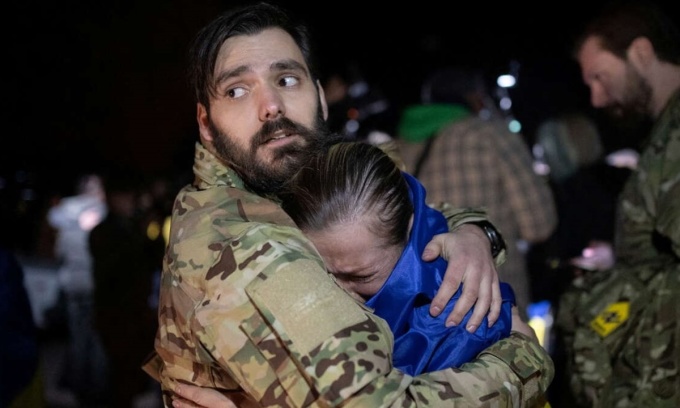
A female Ukrainian soldier cries in the arms of her comrades in Zaporizhzhia after a prisoner exchange with Russia last year. Photo: Reuters
Experts say that in the current context, there is little chance of negotiations to end the conflict. In March 2022, a series of peace talks failed. Instead, Ukraine and Russia often use backroom channels to discuss common interests, including a prisoner exchange.
On the Russian side, the prisoner exchange negotiations were carried out by a coordination center under the Russian Defense Ministry , which includes the Federal Security Service (FSB). Usov said that Russian politicians and militant groups such as the Wagner and Akhmat mercenaries, run by Chechen leader Ramzan Kadyrov, also lobbied for the release of the prisoners.
The Geneva Convention calls for prisoner exchanges after the conflict ends. But according to Usov, Ukraine wants to get its captured soldiers back as quickly as possible because of concerns they may be mistreated.
Neither side disclosed how many soldiers had been captured.
The prisoner exchanges, along with the exchange of bodies of dead soldiers, have mostly taken place in the Sumy region of northeastern Ukraine, the only part of the border where Russian forces are not actively attacking. However, shelling continues daily and a ceasefire is usually declared when the exchanges take place.
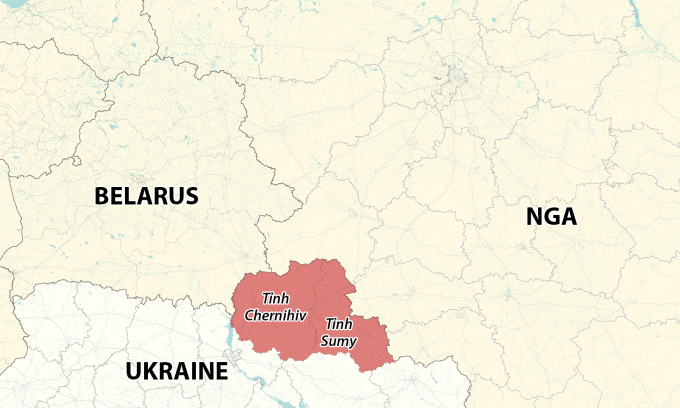
Location Sumy province. Graphics: RYV
Oleh Kotenko, the Ukrainian official overseeing the transfer and search for missing soldiers, said that about twice a month, Russia and Ukraine would transport the bodies of dead soldiers to a meeting point in refrigerated trucks for the exchange.
ICRC experts will examine relevant documents. Members of the Russian and Ukrainian security services will look on.
"The time, place and number of bodies will be agreed with the Russian side," Kotenko said, adding that the ICRC-initiated contact line will be launched in the summer of 2022.
Türkiye has become the main venue for talks between the two sides amid the impasse. President Recep Tayyip Erdogan has successfully built ties with Russia and Ukraine, condemning Moscow’s military campaign but also rejecting Western sanctions against Russia and acting as a bridge to Russia’s financial sector.
There have been several meetings between Ukrainian and Russian officials in Istanbul, but the content of the talks is often not disclosed and the total number of meetings is unclear.
Ukrainian Defense Minister Rustem Umerov was one of the officials leading the talks in Istanbul until September. An ethnic Crimean Tatar, he is fluent in Turkish and developed contacts in Turkey while negotiating the release of Tatar prisoners after Russia annexed Crimea in 2014.
The grain deal announced in July 2022 was the result of such a negotiation process, which lasted for many months.
Ukraine’s Deputy Infrastructure Minister Yuri Vaskov, who took part in the talks, said there were no separate face-to-face meetings between the two sides on the grain deal. Instead, the talks were held in a four-way format: Türkiye, the United Nations, Ukraine and Russia.
Following discussions on the sidelines of grain talks, the largest prisoner swap to date has been agreed. 215 Ukrainian soldiers and 10 foreign fighters will be exchanged in September 2022 for 55 Russian officers and pro-Russian Ukrainian politician Viktor Medvedchuk.
215 Ukrainians were taken to Türkiye and foreign fighters, including five British citizens, two Americans, a Moroccan, a Croatian and a Swede, to Saudi Arabia.
Usov said that Saudi Arabia and Türkiye’s involvement in the negotiations would help ensure that Russia was less likely to back down and upset its two key partners. The last prisoner exchange between Russia and Ukraine took place in July, involving 45 people from each side.
The Vatican is another intermediary. Ukraine has lobbied through the Catholic Church to demand that Russia return all non-combatants, such as cooks and nurses. Under the Geneva Convention, non-combatants cannot be taken prisoner.
In a rare move by the Vatican, Kyrylo Budanov, the head of Ukraine's military intelligence, was invited to meet Pope Francis last summer.
Usov said the process of working with the Vatican to secure the return of non-combatants "is continuing".
Ukraine passed the messages and lists of captured noncombatants to the papal nuncio in Kiev, Archbishop Visvaldas Kulbokas. He then passed them through the Holy See to the Russian Orthodox Church in Moscow. The head of the Russian Orthodox Church, Patriarch Kirill, passed the messages to the Kremlin, according to a Ukrainian official familiar with the matter who spoke on condition of anonymity.
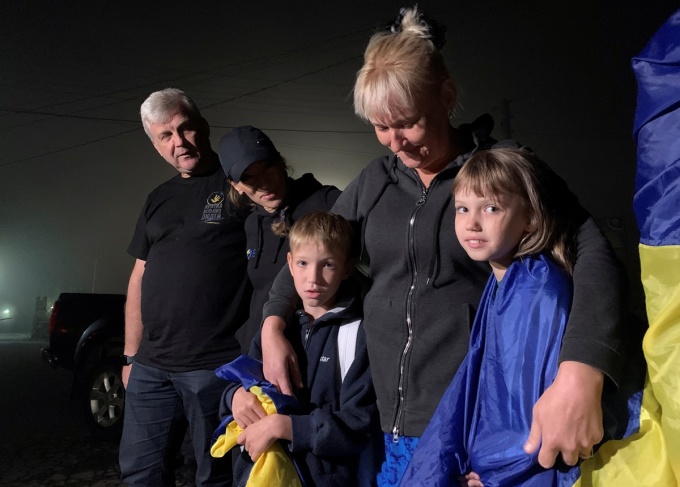
Two children were returned to their parents from Russian-controlled territory in Ukraine in early September. Photo: Reuters
Qatar helped repatriate four Ukrainian children from Russia last month, making it the third country, after Türkiye and Saudi Arabia, to broker a successful deal between Moscow and Kiev. An official involved in the deal said Qatar intervened because of the complexity of the case.
In March, the International Criminal Court (ICC) issued arrest warrants for Russian President Vladimir Putin and Russian Children's Commissioner Maria Lvova-Belova, accusing them of involvement in the forced displacement of Ukrainian children.
Russia does not recognize the ICC's jurisdiction and considers its decisions "null and void." Moscow stressed that children were evacuated from the war zone with the consent of their parents or legal guardians to avoid danger and would return to Ukraine when conditions were safe.
Normally, Russia only returns children to their guardians or legal representatives, meaning parents or other relatives must travel to Russia, a difficult journey in conflict conditions.
There is a line of communication on missing children between Ukraine’s human rights ombudsman Dmytro Lubinets and his Russian counterpart Tatiana Moskalova, but Lubinets said it has not yielded any results. They have met in person twice, once on the Ukraine-Russia border in October 2022 and once in Istanbul in January.
However, since March, groups of children have been returning to Ukraine more regularly. They are taken to the westernmost part of the Ukraine-Belarus border, walk across the border and are picked up by the NGO Save Ukraine.
Lubinets said the process had become easier after the ICC move. But he declined to elaborate on how children would be reunited with their parents. "It's not time for us to announce the specifics of the process," he said.
Vu Hoang (According to Washington Post )
Source link



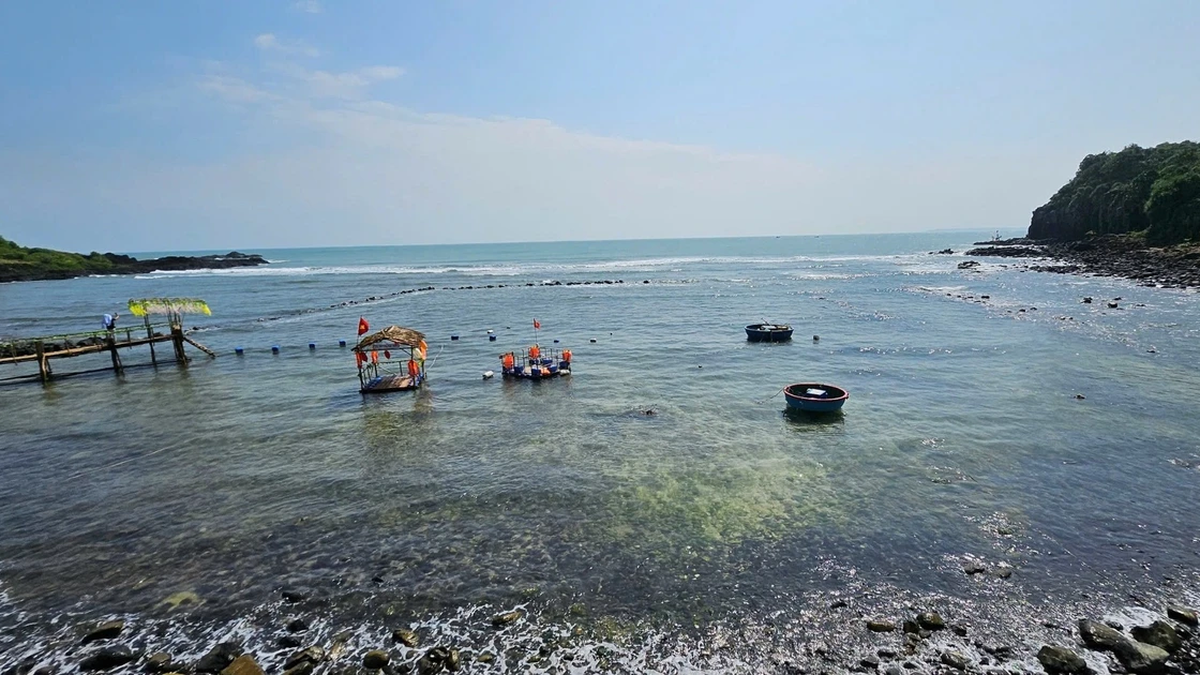
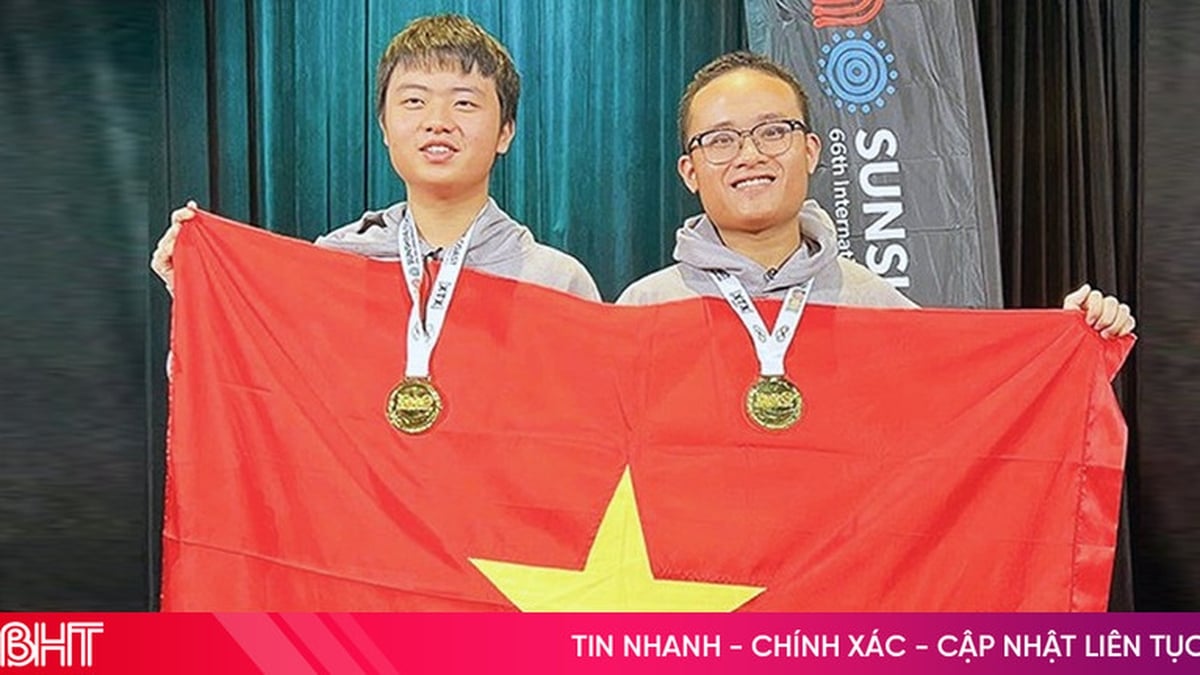
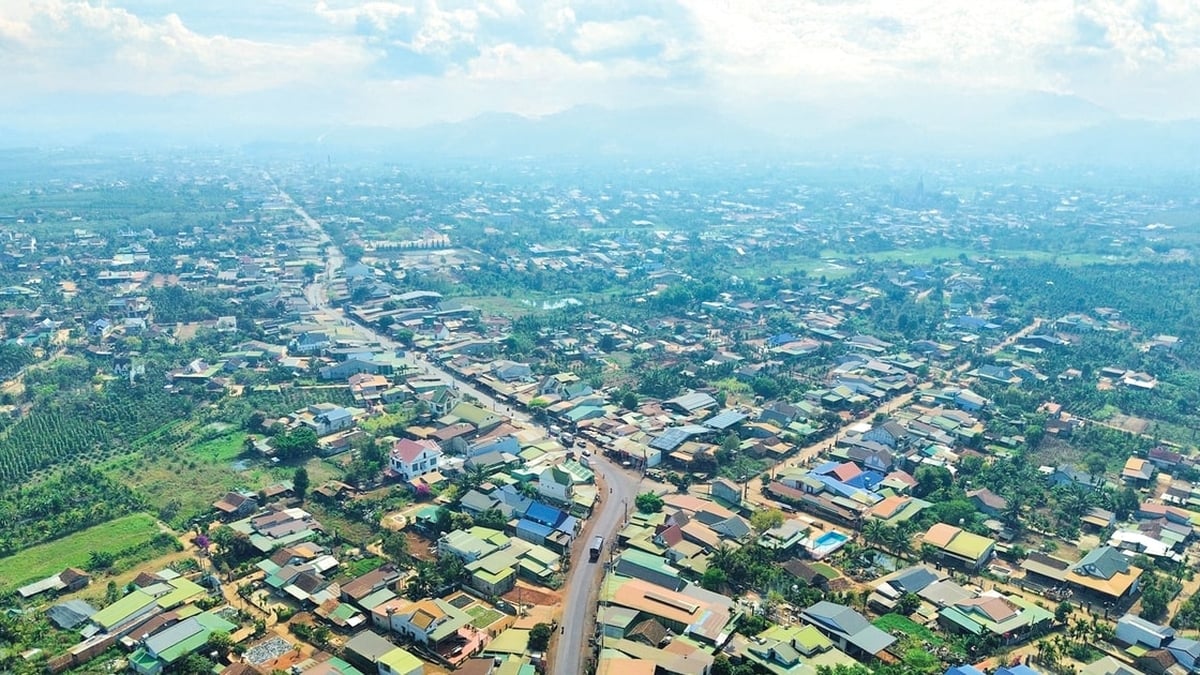
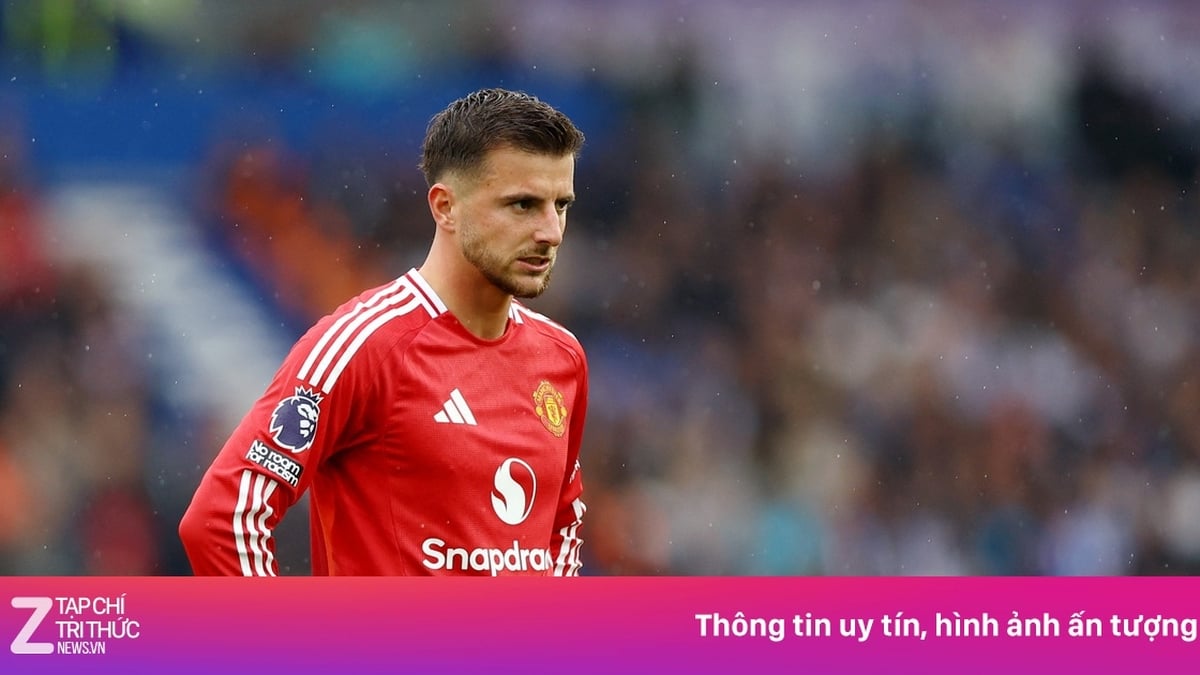
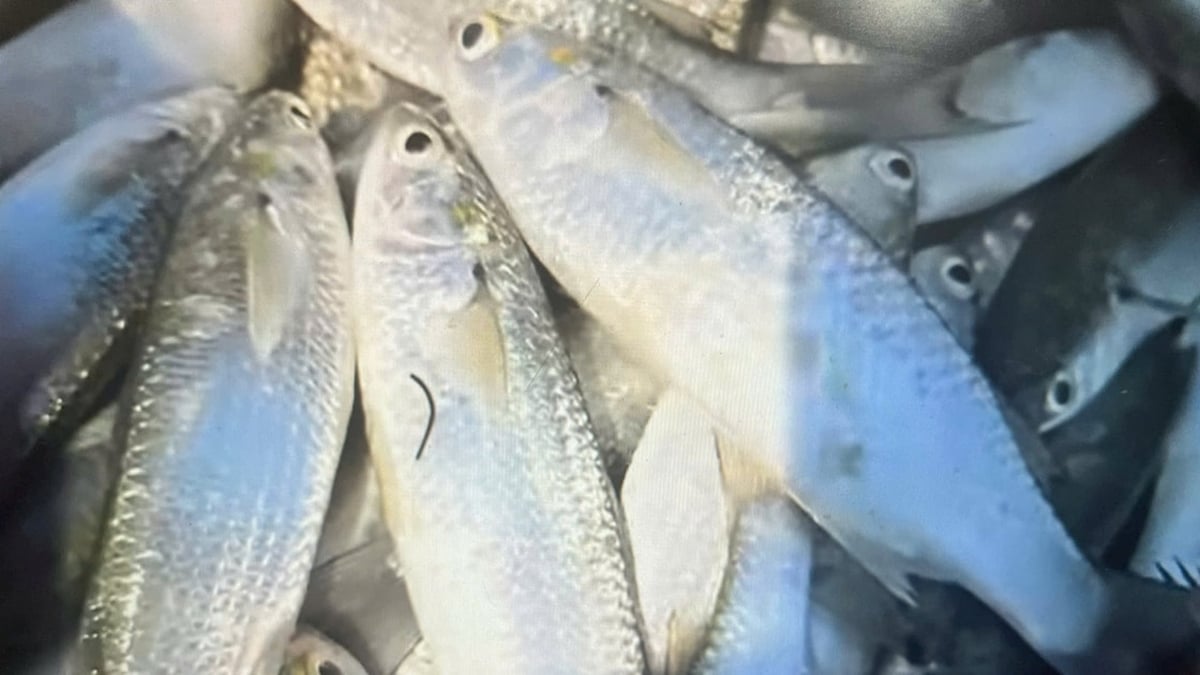

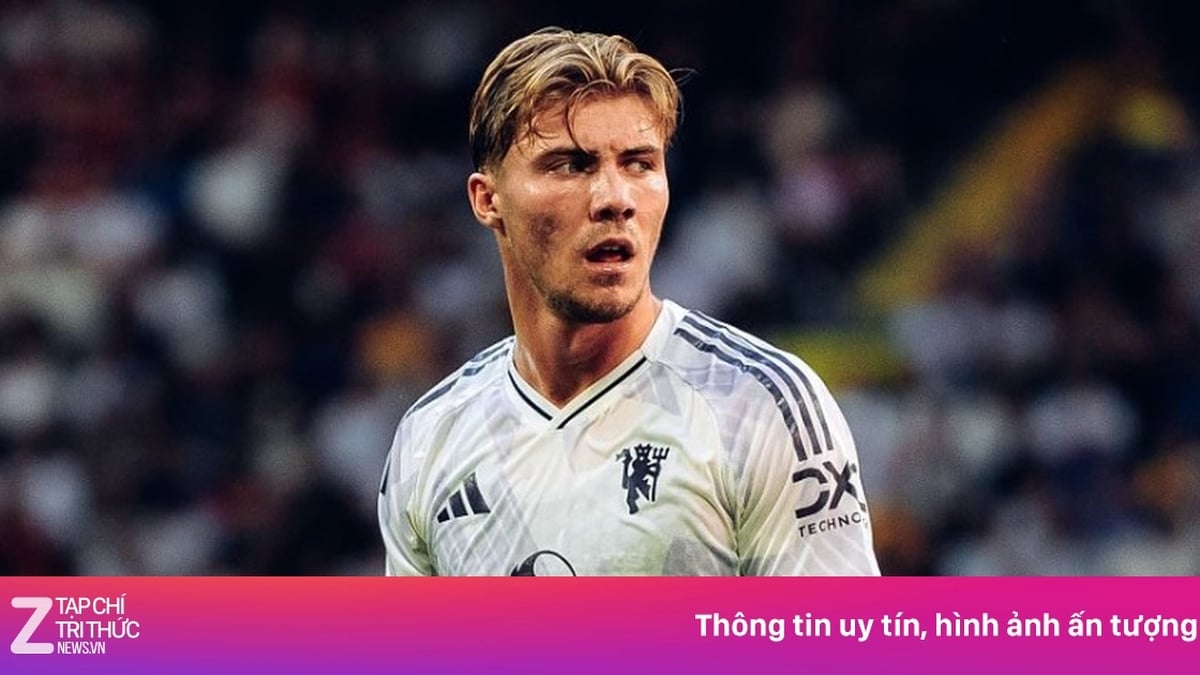
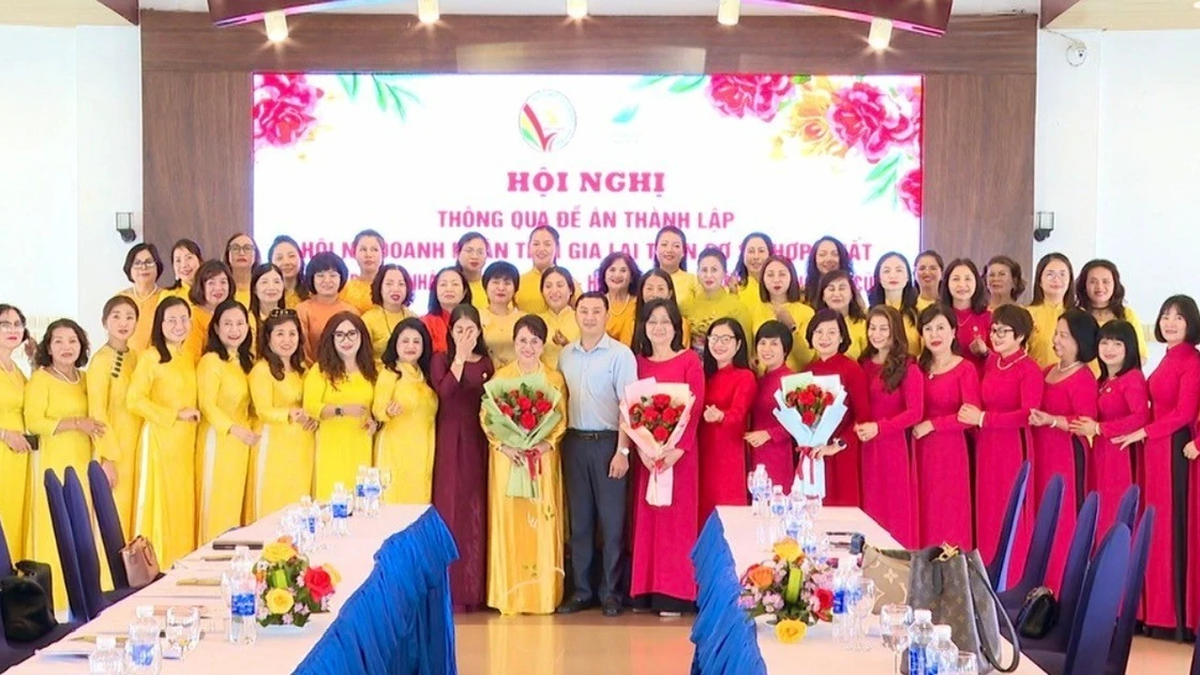
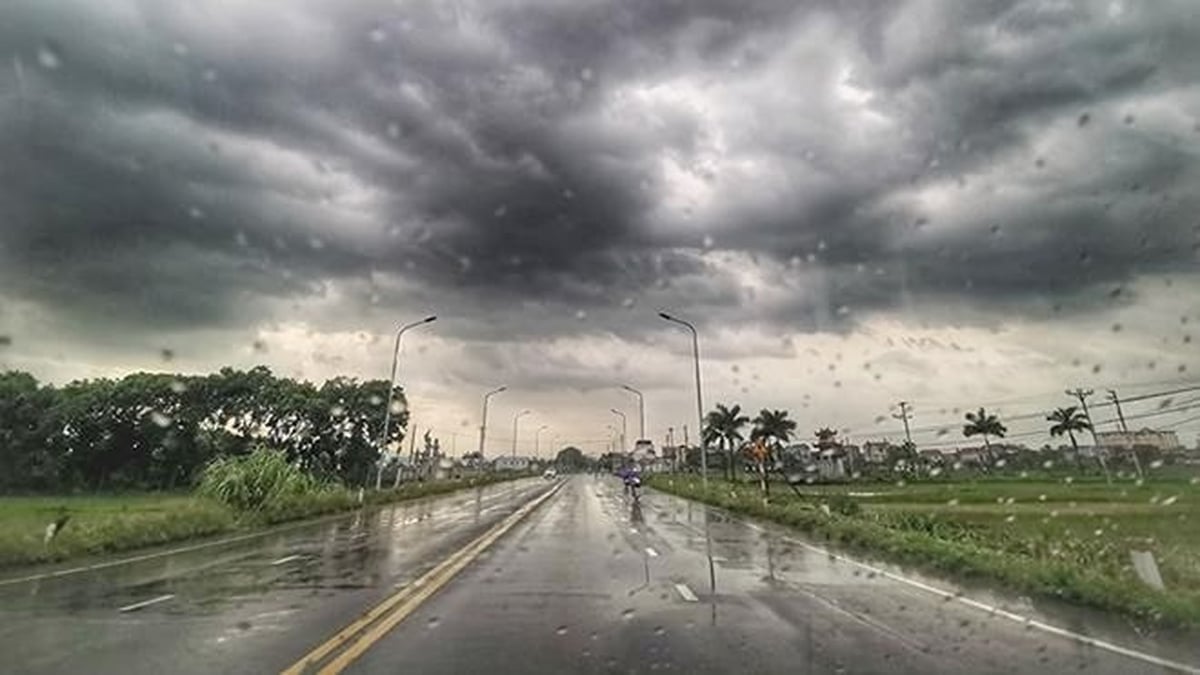






















































































Comment (0)